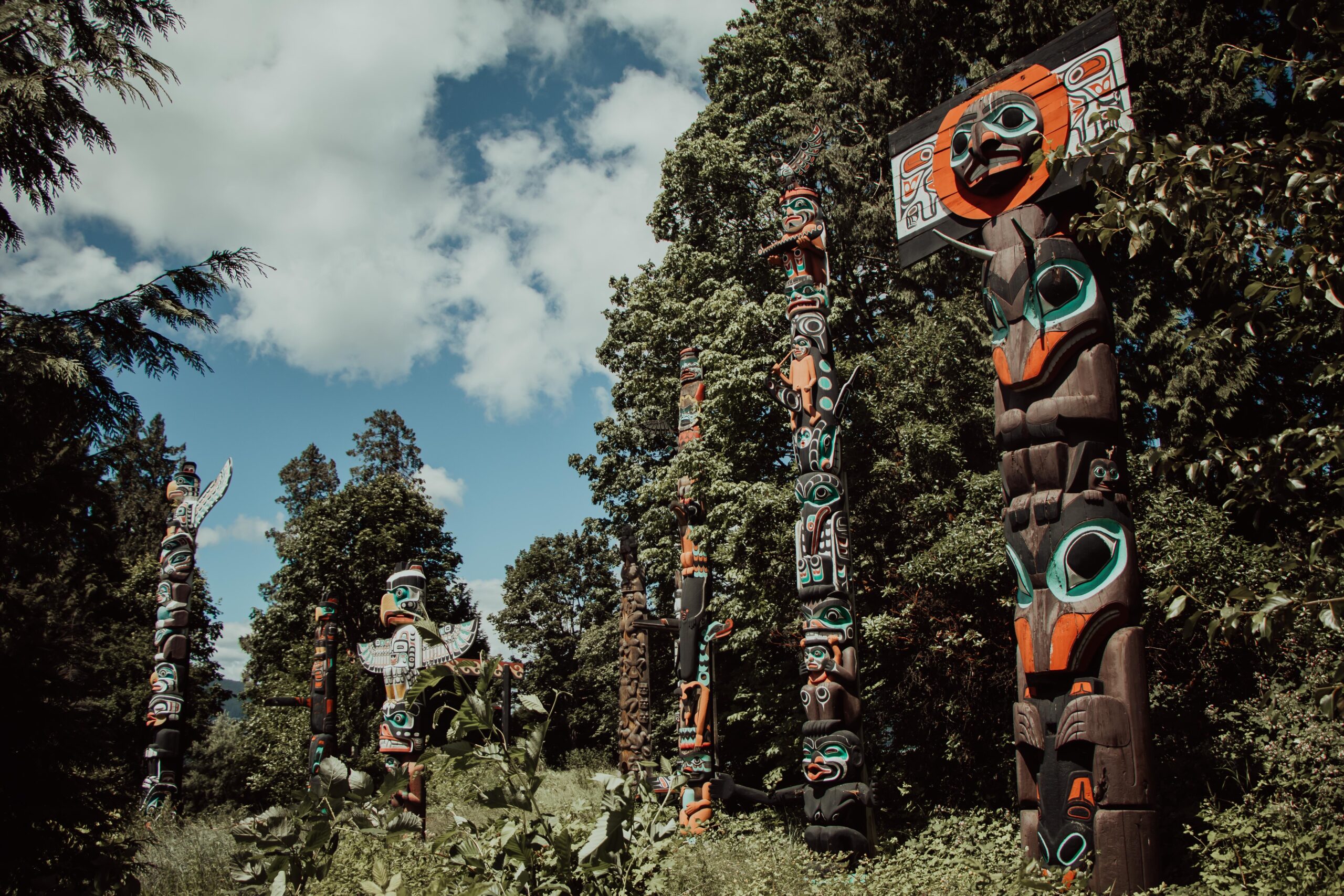Over the past few decades, First Nations-owned casinos in Canada have seen significant growth, providing a valuable source of revenue and economic development for indigenous communities. These casinos have created job opportunities, promoted cultural preservation, and contributed to the overall well-being of First Nations peoples. As the Canadian gambling landscape continues to evolve, the role and impact of First Nations-owned casinos are worth exploring.
First Nations have been increasingly involved in the Canadian gaming industry in recent years, with many successful casinos operating on indigenous lands. This growth is attributed to several factors, including recognizing First Nations’ sovereignty and their rights to self-determination in economic matters. As a result, indigenous communities have been able to harness the potential of the gaming industry to generate income and create employment opportunities.
Challenges and Concerns Surrounding First Nations-owned Casinos
The rise of First Nations-owned casinos has not been without challenges. Critics argue that gambling may lead to social problems and addiction within indigenous communities. Additionally, there are concerns about casino development’s potential negative environmental impact on indigenous lands.
However, proponents of First Nations-owned casinos point to their numerous benefits to indigenous communities, including economic development, job creation, and funding for essential services such as healthcare, education, and cultural preservation. Moreover, these casinos can help promote awareness and understanding of First Nations history and traditions, attracting tourists and fostering positive relationships between indigenous and non-indigenous peoples.
Supporting Research and Case Studies
Several studies and articles have explored the impact of First Nations-owned casinos in Canada, shedding light on the benefits and challenges associated with their growth. For example, a study published in the UNLV Gaming Research & Review Journal found that First Nations-owned casinos have contributed to community development and economic growth, as well as generating revenue for public services.
Another article on Native News Online discusses the potential implications of regulated sports betting for First Nations-owned casinos, noting that expanding gambling options could provide further opportunities for indigenous communities to benefit from the gaming industry.
A chapter in the book “Indigenous Economics: A Syllabus for Turtle Island” also highlights the positive impacts of First Nations-owned casinos on community development and the promotion of indigenous culture, while addressing concerns about potential negative consequences.
Lastly, a research paper on ResearchGate explores the historical development of First Nations gaming in Canada and provides insights into the factors contributing to its growth and success.
Looking to the Future: The Role of First Nations-owned Casinos in a Changing Gambling Landscape
As the Canadian government continues to explore new opportunities for regulated sports betting and online gambling, the future of First Nations-owned casinos remains promising. With continued collaboration between Indigenous communities, government agencies, and the gaming industry, First Nations-owned casinos can continue to thrive and play a vital role in Indigenous peoples’ economic and social well-being across Canada.
First Nations-owned casinos have become an increasingly important Canadian gaming landscape. Through economic development, job creation, and cultural promotion, these casinos have positively impacted indigenous communities and contributed to the overall well-being of First Nations peoples. However, addressing the challenges and concerns associated with their growth is essential, such as potential social issues and environmental impacts.
Addressing Challenges and Fostering Sustainable Development
To ensure First Nations-owned casinos’ continued success and growth, it is crucial to adopt sustainable development practices, engage in responsible gambling initiatives, and promote cultural sensitivity. By addressing potential social and environmental issues, these casinos can maintain their positive impact on indigenous communities while minimizing negative consequences.
One potential approach to addressing concerns related to gambling addiction is to invest in responsible gambling initiatives and education programs, both for casino staff and patrons. This could help raise awareness about the potential risks associated with gambling and provide resources for those struggling with addiction.
Collaboration and Dialogue
Collaboration between First Nations communities, government agencies, and the gaming industry is essential to ensuring the continued success of First Nations-owned casinos. Through dialogue and cooperation, stakeholders can work together to address challenges, share best practices, and develop innovative solutions to ensure the industry’s long-term sustainability.
First Nations-owned Casinos as a Catalyst for Positive Change
Despite the challenges, First Nations-owned casinos have the potential to catalyze positive change within Indigenous communities. By generating revenue and providing employment opportunities, these casinos can contribute to the overall economic development and social well-being of First Nations peoples.
Moreover, First Nations-owned casinos can significantly promote cultural awareness and understanding among non-indigenous populations. By offering authentic indigenous experiences, such as traditional performances, art exhibitions, and cuisine, these casinos can foster a greater appreciation for First Nations history and traditions.
Conclusion: A Promising Future for First Nations-owned Casinos
In summary, the rise of First Nations-owned casinos in Canada has brought challenges and opportunities for Indigenous communities. By addressing potential social and environmental concerns, fostering collaboration and dialogue, and promoting cultural awareness, these casinos can continue to play a vital role in the economic and social well-being of First Nations peoples.
As the Canadian gambling landscape continues to evolve, stakeholders must work together to ensure First Nations-owned casinos’ long-term success and sustainability. By doing so, these casinos can continue to contribute to the well-being of indigenous communities and serve as a catalyst for positive change within First Nations territories and wider Canadian society.
Photo by Danika Perkinson on Unsplash

